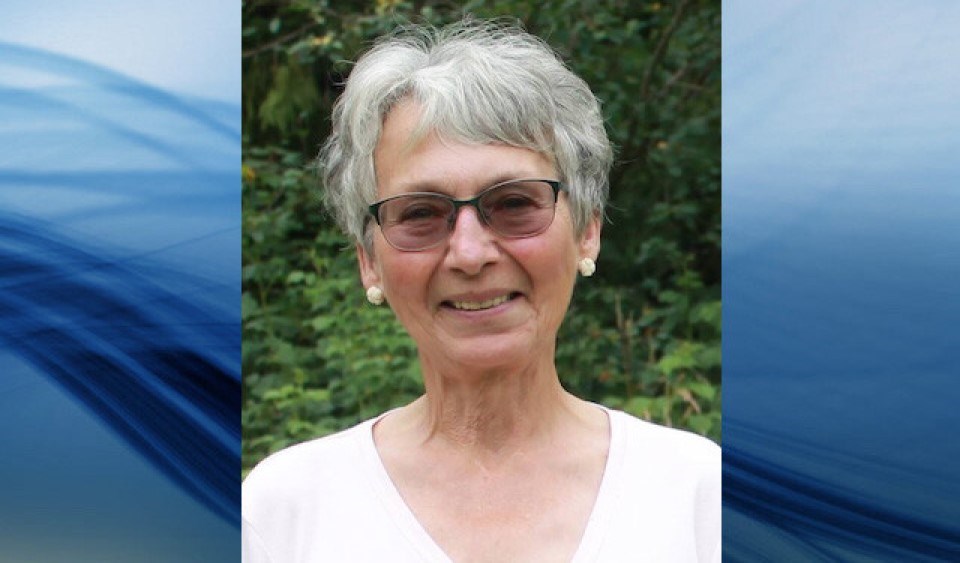A Lumby senior is sharing her story to warn others how easy it is to slip into opiate addiction.
Seventy-five-year-old Huguette Allen had knee replacement surgery in May.
Within a few weeks, she was hooked.
"I never felt I was becoming addicted," says Allen, who says she wanted to do everything 'by the book' to recovery from the surgery.
The information you're given is that you have to take the medication before exercising, and you have to do the exercises or the knee won't bend properly ... don't wait until you feel pain, take them before."
She was prescribed Tramadol and told to take one or two pills every four hours. Allen played it safe and took just a single pill.
After two weeks, she was told by her physiotherapist she could cut the dose back to one pill in the morning and another at night.
Allen says she immediately began feeling "not right" and decided to quit cold turkey.
"I was really nervous and couldn't sleep," she says.
She learned afterwards that stopping the drug abruptly is not advised. But not before she went through three days of hell and severe withdrawal symptoms.
"I was totally out of it ... couldn't eat, sick to my stomach, diarrhea, couldn't sleep, my nerves were so raw. I just walked around. I was truly out of my mind."
On the third day, Allen says she cried all day long.
"It's so hard ... I don't know you get out of a situation like that. It changed the way I feel about drug addiction."
Allen admits she previously "didn't have much sympathy" for the addicted, but now realizes it can happen to anybody.
"I always thought 'just stop' — but it's not that easy.
"I couldn't believe what was happening to me, I was a basket case. I never thought it would happen to me."
Allen says she would never take the drug again, no matter the situation.
She's currently doing well in her surgery recovery despite a couple of minor setbacks from pushing too hard.
Meanwhile, B.C.'s drug crisis continues to claim lives across the province.
Many of those addicted began taking pain medication for legitimate reasons, and Allen says she knows of a father who held down a good job and had a good home who is now homeless and on the streets because of his addiction.
B.C.'s overdose death rate is two times higher than it was when the province declared a public health emergency in 2016 as the opioid fentanyl flooded the illicit market.
The BC Coroners Service reported last month that almost 13,000 people have died from illicit drug overdoses since the health emergency was declared, and 2023 is on pace for the deadliest year ever.



